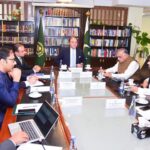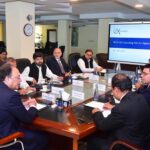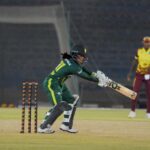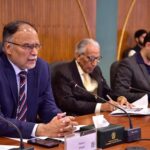UNITED NATIONS, Feb 16 (APP):Underlining UN’s peacekeeping’s key role in promoting peace and security in world’s hotspots, Pakistan has called for advancing political solutions to long-running conflicts and disputes, including Jammu and Kashmir.
“Member states, particularly the UN Security Council, can support political solutions through sustained attention, especially in the case of conflicts and disputes that have persisted for a long time,” Ambassador Munir Akram said in his remarks to the Special Committee on Peacekeeping Operations at its first meeting of the 2022 session on Tuesday.
“The Jammu and Kashmir dispute is one such example, where the United Nations Military Observer Group in India and Pakistan (UNMOGIP) has been defined for a just and lasting solution,” the Pakistani envoy told the committee, which was established by the UN General Assembly in 1965 to review of all issues relating to peacekeeping, the world body’s flagship activity.
Such a solution, he said, would lead to a durable peace in the region and beyond.
Peacekeeping is most effective when it is backed by a well-defined political strategy , the Pakistani envoy added.
Ambassador Akram welcomed the focus of A4P Plus (Action for Peacekeeping) on the primacy of politics, noting that threats to international security have political causes and ultimately political solutions.
He said that as a long serving troop-contributing country, it has an interest in the continued success of peacekeeping operations. Pakistani peacekeepers have protected civilians and guarded United Nations equipment in the face of high-risk situations with limited resources in the drawdown and closure of peacekeeping missions.
Underscoring that training for peacekeepers has become vital due to the increase in high-risk deployments, Ambassador Akram went on to note that there should be an equitable distribution of women in peacekeeping, including at senior positions, both in the field and at the Secretariat.
In recent years, he said, Pakistan has made a concerted effort to achieve 50 percent female representation across its community engagement platoons.
“We reiterate our call for equitable geographical representation of women, including at senior level positions, in the field and the UN Secretariat.”






